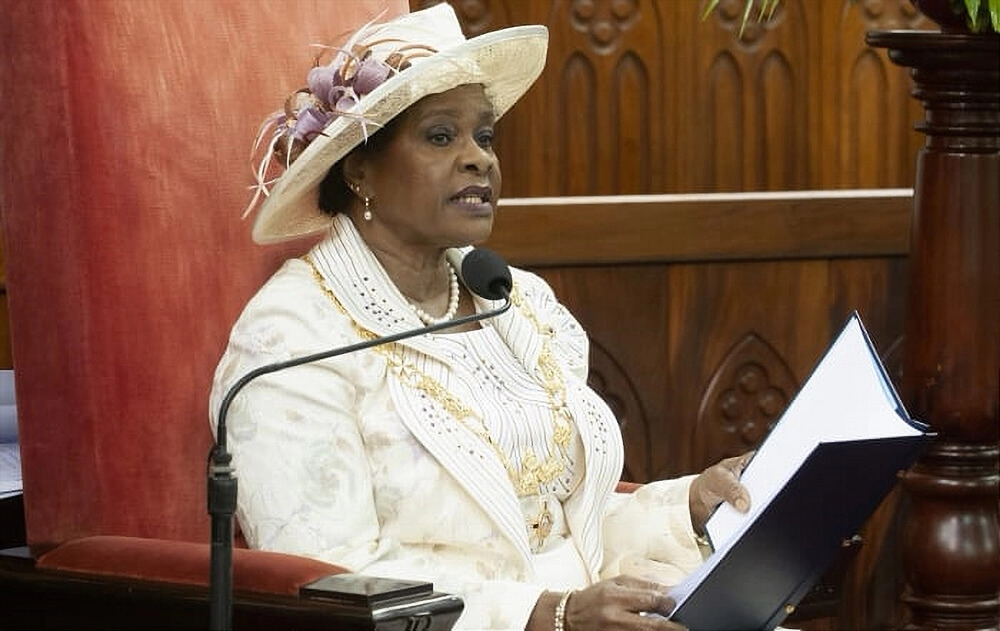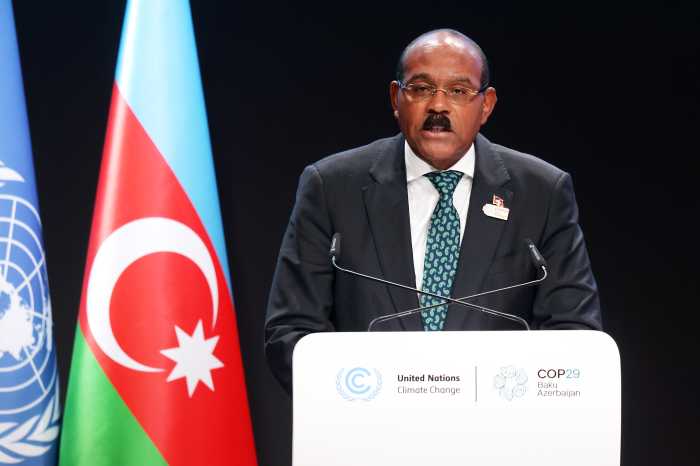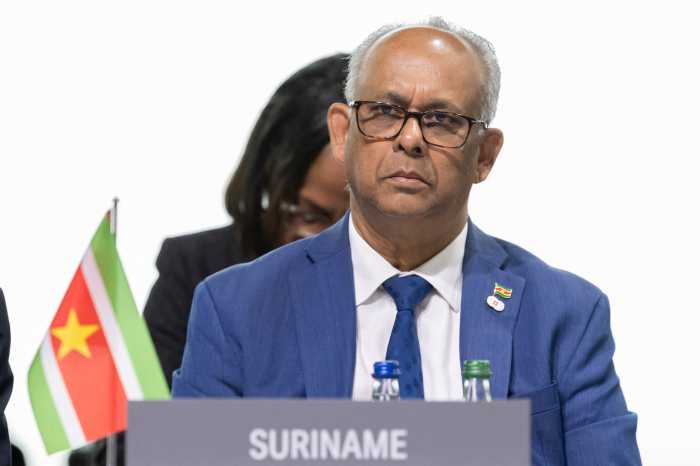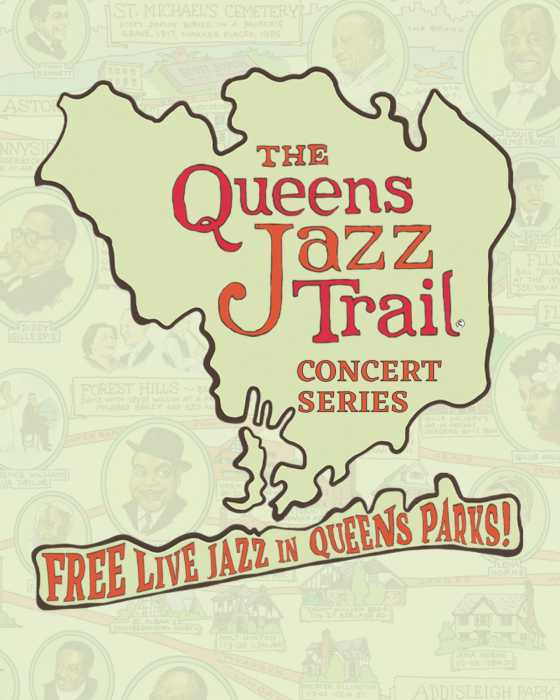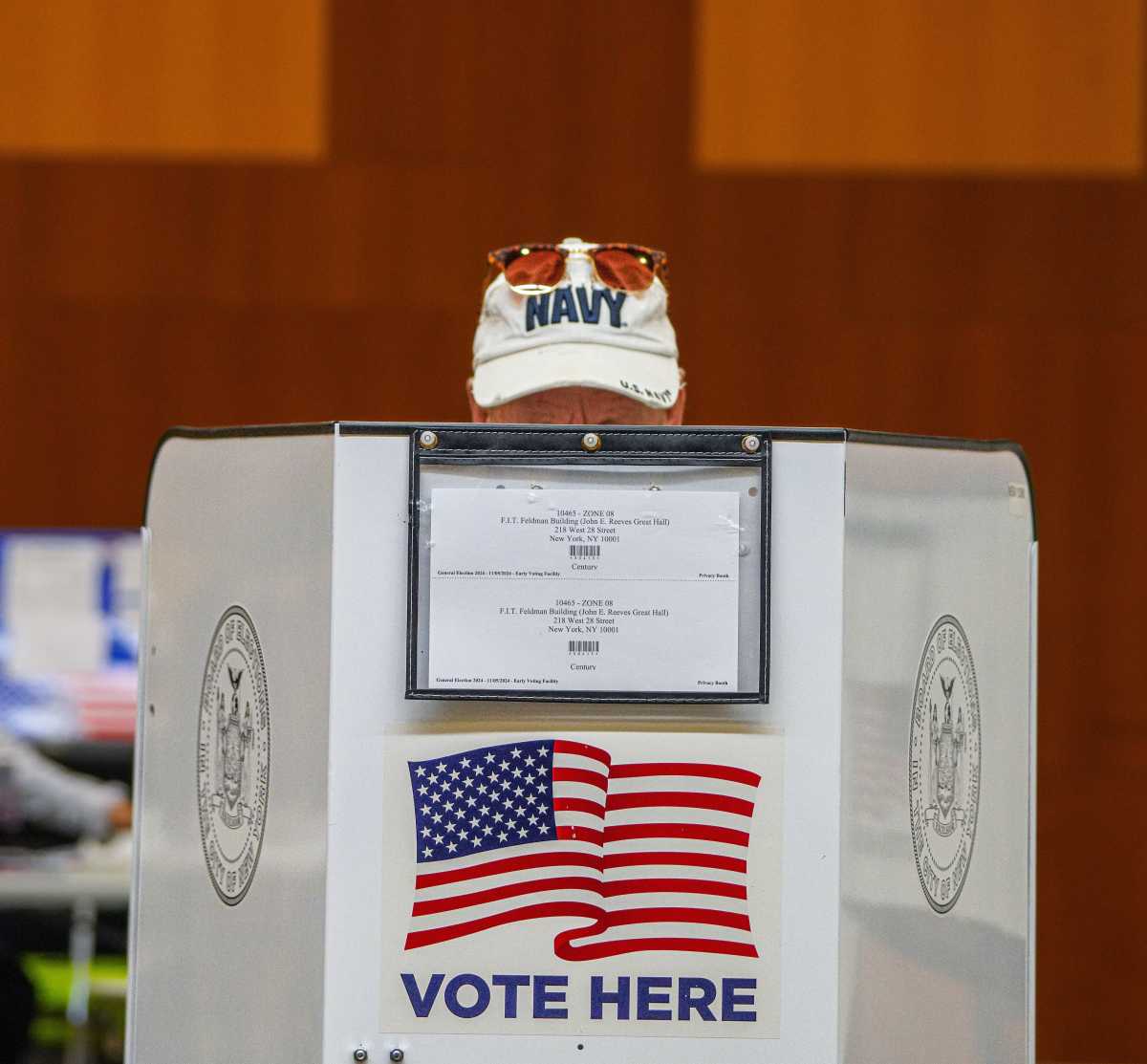ANTIGUA
Prime Minister Gaston Browne has welcomed as a “step in the right direction” the decision by at least one trade union to advise essential workers to report to work last week, instead of remaining home in protest against the government’s COVID-19 policy.
He said he believes the retraction of their prior instructions was the right thing to do.
“We need the collective effort of all citizens in order to defeat COVID and this is not the time for us to be fighting each order,” he said.
Recently, the government announced that it had given a Sept. 30 deadline for all unvaccinated public sector workers to show proof of having been vaccinated against the COVID-19 virus.
A policy document also outlines similar measures for people operating public transport, the trade union movement, private sector employees as well as arriving passengers into the country.
BAHAMAS
Former Bahamas Prime Minister Dr. Hubert Minnis was sworn in as opposition leader last week.
His swearing in ceremony follows the defeat of his Free National Movement (FNM) party on Sept. 16.
On that day the party suffered a crushing defeat at the polls, winning only seven of the 39 seats.
Dr. Minnis said he has a very powerful opposition group which will be effective despite the size.
Recently the chairman of the FNM, Carl Culmer, revealed that the party’s council agreed to let Minnis remain leader of the party until a new leader emerges from a convention in November.
BARBADOS
Prime Minister Mia Mottley has announced that legislation relating to the election of a Barbadian head will be taken to Parliament this week to be debated.
She had announced in July, that come Independence Day, Nov. 30, the country’s first non-executive president will be sworn in, after being elected by the electoral college of both Houses of Parliament, as Barbados becomes a republic.
Mottley said current Governor General Dame Sandra Mason has been nominated by her administration to be the first person to serve in that position.
She told a news conference that the legislation was about what was necessary to revoke the Independence Order in Council that was done by her Majesty the Queen and made sure the Barbadian constitution was anchored by the Parliament of Barbados and not by the actions of Her Majesty in 1966.
Mottley gave the assurance that there would be no major change to the constitution without consultation.
She said the consultations will begin next January.
CARIBBEAN
Caribbean countries could benefit from the decision of the International Monetary Fund (IMF) to put into effect the largest allocation of Special Drawing Rights (SDRs) in its history.
The SDR is an international reserve asset created by the IMF to supplement the official reserves of its member countries. It is not a currency, it is potential claim on the usable currencies of IMF members. As such, SDRs can provide a country with liquidity.
IMF managing director, Kristalina Georgieva, said that the US$650 billion SDR allocation is a significant shot in the arm for the world and if used wisely, a unique opportunity to combat this unprecedented crisis.
GRENADA
The Grenada government has announced new measures regarding the burial of people who have succumbed to the COVID-19 virus as the island deals with an “unprecedented” number of daily deaths from the virus since August.
The authorities acknowledged that in 2020 anticipating a potential health crisis from the pandemic, religious leaders and funeral directors met and came up with several guidelines to prevent the spread of the virus, which are still in effect.
Up and until August the island had recorded only one death from the pandemic.
A joint statement read out at a news conference said because of the increasing number of deaths daily the government, the three funeral homes, the religious community met recently and adopted new measures for burials.
It said the measures, which came into effect recently, would include all burials from deaths owing to the virus will be done within 72 hours from the time of the certification of the death.
The authorities said people dying from the COVID infection would not be embalmed and only two people would be allowed to view the body at the funeral home for identification purposes only. After the body is identified, the coffin or casket will be permanently sealed.
As of Oct. 3, the virus has killed 157 people so far and infected 5,351 others since the first confirmed case of COVID-19 was reported on March 22 last year.
The statement said families will have the option to cremate or bury their loved ones.
GUYANA
The Guyana government has expressed concern over the United Nations (UN) COVID-19 vaccine requirements imposed by some countries, insisting people should not face restrictions based on what vaccine they have taken.
In his address to the United Nations 76 Session of the General Assembly recently, President Irfaan Ali said “our efforts must be focused on full vaccination and addressing vaccine hesitancy.”
“Millions took the vaccines which were available at a time of much uncertainty and they are the unsung heroes. They must not now be the subject of restrictions based on the vaccines they took,” he said in his maiden address to the General Assembly.
The United States announced recently that international travelers must be fully vaccinated before they are allowed into the country.
Highlighting the significant impact that the pandemic has had on Guyana and sister Caribbean Community nations, as well as other small developing countries, the president pointed to the clear disparity in the system.
JAMAICA
Jamaica says it has brought the issue of vaccination status of Jamaicans not being recognized in the United Kingdom to the attention of the Caribbean Community (CARICOM) and that it intends to raise the matter further during bilateral talks with London.
Minister of Foreign Affairs and Foreign Trade, Kamina Johnson-Smith said the vaccination status of Jamaican nationals is not being recognized in the United Kingdom and some nationals have already been impacted by this development.
The government said it is understood that in addition to their stop-light system-Jamaica is amber- the UK has only recognized the vaccination programs of a few countries, such as those from the member states of the European Union.
The minister said she has brought the issue of the treatment of vaccination programs to the attention of CARICOM for action and has engaged the UK government on the issue at the technical level.
The UK does not recognize the vaccine code for Jamaica, causing locals who are fully vaccinated against COVID-19 to be designated unvaccinated on arrival in that European country.
The foreign and trade minister said an expanded UK list has already been determined for October and while the process was relatively new, the ministry has requested data from the Ministry of Health and Wellness to assist London in the review of Jamaica’s vaccination program.
TRINIDAD
Kenyan President Uhuru Kenytta is expected to view Trinidad and Tobago this week to meet with Prime Minister Dr. Keith Rowley and Cabinet officials, Mayor of Port of Spain Joel Martinez.
Martinez said the visit is part of the post-pandemic plan for the world to create new relationships.
He said countries are realizing that after this pandemic they have to do more to create relationship between countries of the level of governments.
The mayor said on a local government level, the city was approached by Ghana, China and Guyana to partner with their cities Kumasi, Shanghai and Georgetown respectively.
— Compiled by Azad Ali


